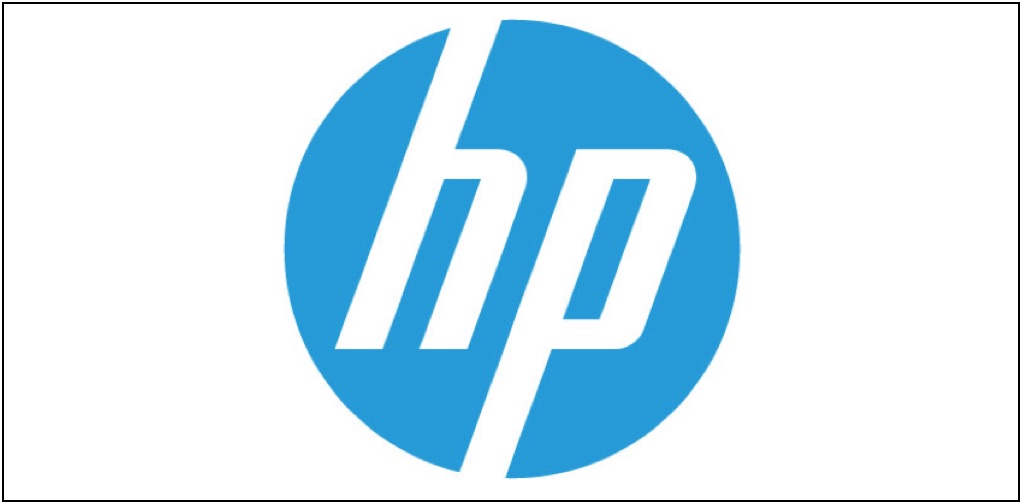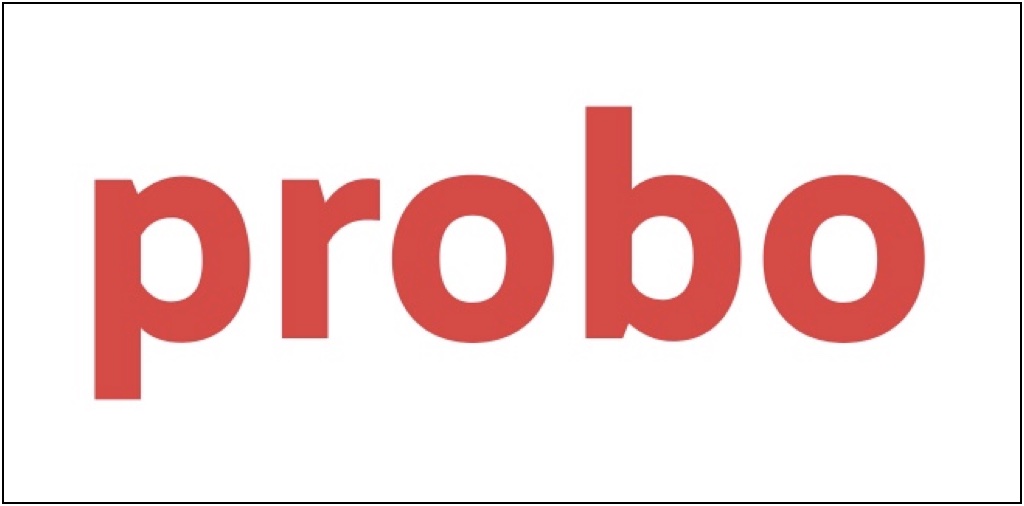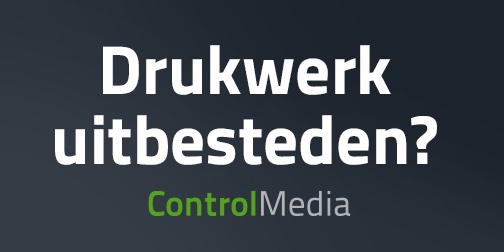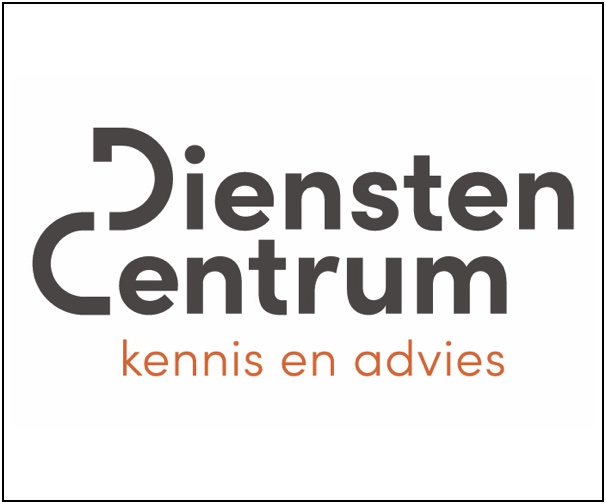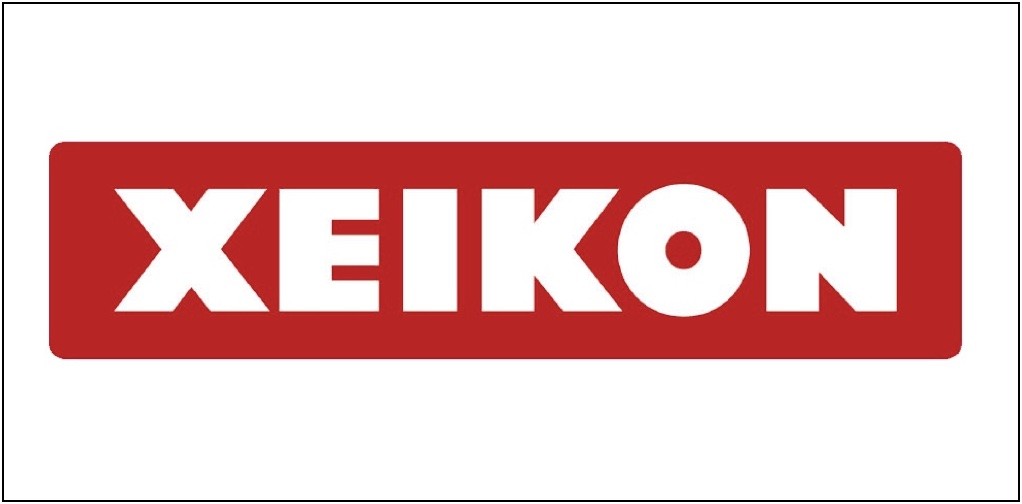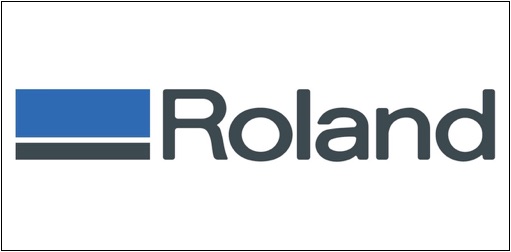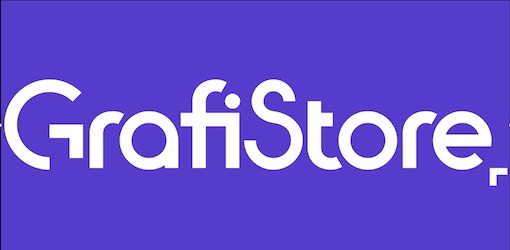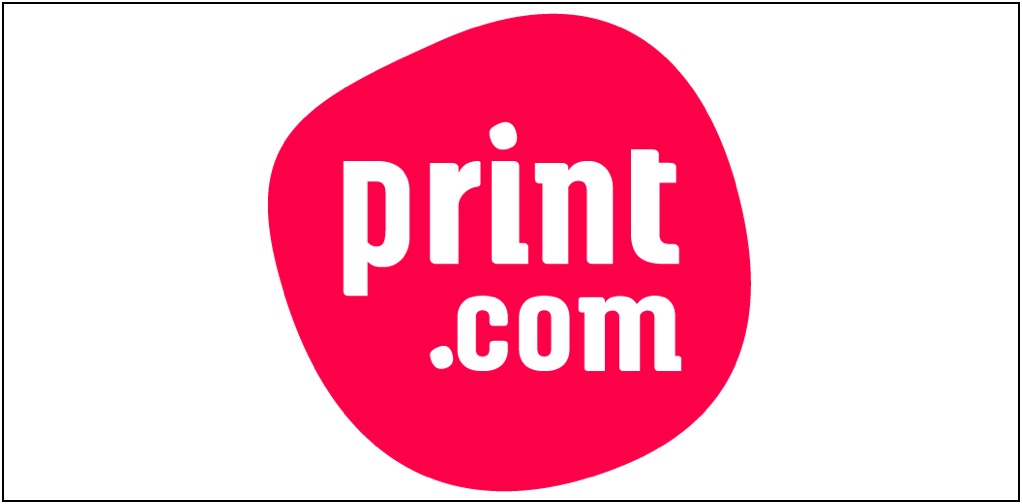Laurel Brunner: Giant strides for a smaller footprint
 A major argument for using print instead of e-media, is that print has a one off carbon footprint: you don’t need energy to use it or store its content. In 2015 the online monster that is Google used 5.6 terawatt hours of energy to power its data servers alone. As more people start living online lives, the internet’s power usage is growing exponentially.
A major argument for using print instead of e-media, is that print has a one off carbon footprint: you don’t need energy to use it or store its content. In 2015 the online monster that is Google used 5.6 terawatt hours of energy to power its data servers alone. As more people start living online lives, the internet’s power usage is growing exponentially.
Print media production technology is getting more and more energy efficient, but this is hardly a reason for the world’s e-citizens to revert to print instead of living life via smartphone. The good news is that online giants recognise the impact of energy usage on the planet and are doing something to reduce their massive emissions footprints. Google is leading the charge. There are thirteen Google data centres around the world together consuming well over 5.6 terawatt hours a year. The company’s energy requirement is clearly colossal. Throw in Google’s numerous offices and this adds up to a lot of dosh. When it comes to global warming, it also runs contra to the company’s don’t be evil mantra.
Google has been carbon neutral since 2007 and over the years has taken a machete to its dependency on fossil fuels. To improve cost management and be a good corporate netizen Google has renewables supply contracts in place for a capacity of 2.6 gigawatts. Google buys more renewable energy than Apple or Amazon and expects that by the end of this year it will have enough renewables based energy capacity for all of its data centres and offices.
In practise living up to this commitment won’t be quite so simple. To provide energy to all of its facilities worldwide Google depends on local energy providers, many of whom will not be able to supply 100% renewable energy. Despite improvements in technology and falling prices, fossil fuels still dominate most energy generation so what goes into the grid cannot be guaranteed to be based on renewable technologies. That said there are many regions around the world, such as Scandinavia and Cornwall where providers offer energy based 100% on renewables. Prices are falling as solar and wind power technologies get more efficient. Fossil fuel plants are aging and getting expensive to run. As renewables become cheaper than fossil fuels, we are approaching a tipping point in favour of wind and sun.
Google, other internet titans and various large multinationals recognise their contribution to global warming and are responding to mitigate impacts influencing climate change. Google has over seven billion daily users across its various services, so it probably touches most lives across the planet one way or another. As such it is arguably the world’s biggest publisher and the primary driver for print based services, from self-publishing to birthday cards. Google’s endeavours for a more efficient energy model is one we can all sign up to.
Laurel Brunner
The Verdigris project is an industry initiative intended to raise awareness of print’s positive environmental impact. It provides a weekly commentary to help printing companies keep up to date with environmental standards, and how environmentally friendly business management can help improve their bottom lines. Verdigris is supported by the following companies: Agfa Graphics, EFI, Epson, Fespa, HP, Kodak, Kornit, Ricoh, Spindrift, Splash PR, Unity Publishing and Xeikon.

De trainingen voor 2022 staan gereed. Kijk voor het volledige online aanbod van bestaande- en nieuwe trainingen op de website.
BLOKBOEK.COM EN PRINTMEDIANIEUWS: HET OPTIMALE DOELGROEP BEREIK






